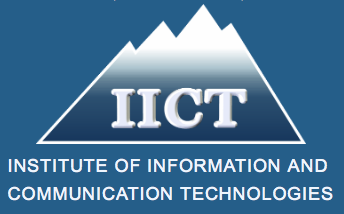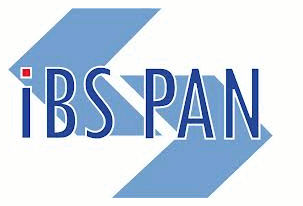 |
Ivan Lukovic |
Abstract
Nowadays, modern business includes acquisition and store of enormous data volumes, even larger than ever before. Most often, collected data are used in a shorter time frame, and then they are archived and almost not used, effectively. On the other hand, such data represent a significant value that a company can utilize so as to reach created goals and provide a sustainable development. Unfortunately, a daily practice in many companies still intensively points out to the problem of a serious gap between the identified needs for knowledge, on one hand side, and inability of modern software products to address such needs in an effective way, on the other hand side, despite that massive data volumes already exist, while modern information technologies provide the excellent technology prerequisites for a development and industry implementation of high quality software applications. We can call such phenomenon a “big data crisis”. Some of important causes of the aforementioned phenomenon are in the following: (1) Unsatisfactory level of organization maturity in regard to the: capabilities for information management, quality management, and business processes; (2) Unsatisfactory level of accumulated knowledge in a problem domain; and (3) Unsatisfactory level of accumulated knowledge in a domain of software engineering, particularly in a domain of the development and formal specification of models for software products aimed at generation of company knowledge and decision support.
Alleviating the aforementioned phenomenon is a strategic and long-life task, only possible by simultaneous addressing all its significant causes. As data analytics over big data sets would lead to greater benefits and achievements in any organization, in this talk, we will discuss cause (1), trying to address the most influencing factors to raise the organizational capability, necessary to utilize benefits of big data analytics and data science methods in a greater extent, and by this provide an effective way to digital transformation process.







